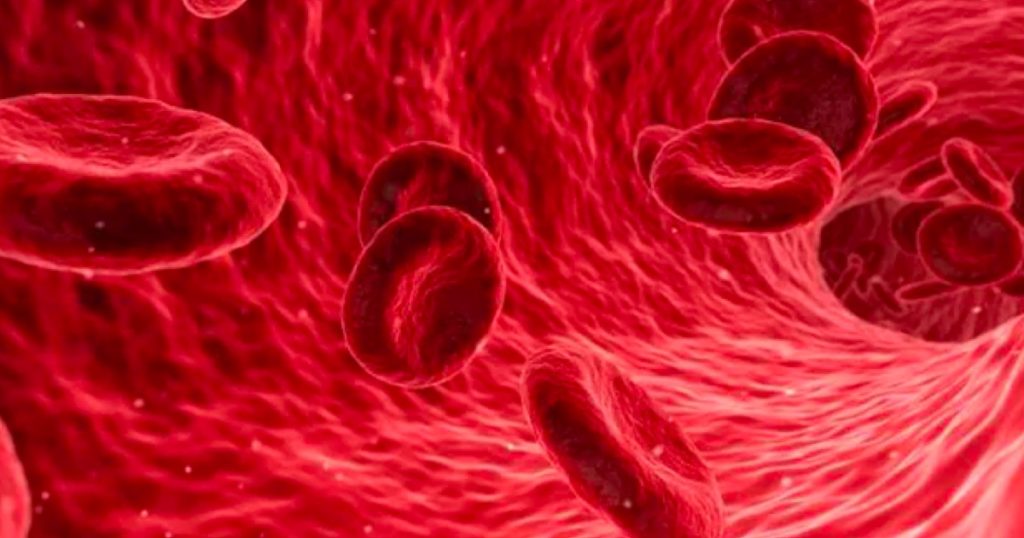If your oxygen levels become low during sleep, it means that you’re not effectively treating sleep apnea.
Difficulty in breathing or shortness of breath during sleep indicates low blood oxygen levels. It usually happens in sleep apnea and chronic obstructive pulmonary disease (COPD).
You should keep in mind that oxygen levels below 90% become threatening, and you should need to prevent it from getting worse. Moreover, if the supply of oxygen is completely cut off, your brain can survive only 4 minutes. Scary!
How do Oxygen Levels drop during Sleep Apnea?
In the patients with sleep apnea, the upper airway muscles, including the larynx, become narrow and tend to collapse for a temporary period during sleep. This temporary collapse results in lower oxygen levels due to which breathing stops leading to the arousal of sleep.
This shortness of breath, accompanied by low oxygen levels, makes you tired and restless during the daytime.
Moreover, when the oxygen levels drop, carbon dioxide levels increase in the blood, making you sleep during the day and cause fatigue and headache in the morning.
- A research study from 2012 has reported that sleep apnea is highly associated with low levels of blood oxygen. Therefore. It is essential to keep oximeter with you.
- A pulse oximeter is very helpful in measuring the oxygen levels and the efficiency of CPAP. A good quality pulse oximeter can diagnose sleep apnea.
How your body is affected by abnormal oxygen levels during sleep apnea?
The blood oxygen level below 90% is referred to as abnormal oxygen levels. But the critical thing to note is how much time you spent with low blood oxygen levels and desaturation time.
For example, if the desaturation occurred only once or twice during sleep, it means that it must have lasted for a couple of seconds, and you should not worry about this.
If this desaturation occurred in the long-term, then your body is more susceptible to be affected by it. Long-term low levels of blood oxygen can lead to severe conditions such as:
- Stroke
- Heart failure
- Abnormal heart rate
- Increased pressure on the right side of the heart
- The function of the right side of the heart is to pump blood through the lungs. To perform its function, the right side requires a much lower pressure.
- Fluid builds up in the body due to increased pressure on the right side of the heart. The result can be the shortness of breath for a long time, failure of heart, and even death.
- Consult your healthcare doctor if you experience any pain in the chest and long-term shortness of breath.
How to monitor your blood oxygen levels?
The first thing in this regard is to measure your oxygen saturation during the day. If your oxygen levels are lower than 90%, then your oxygen desaturation probably occurs at night. It means that you have any respiratory disorders or sleep apnea.
Therefore, the oximeter is recommended by the doctors to monitor the oxygen levels overnight. The oximeter is placed on the finger to perform the check.
A portable oxygen saturation monitor can also be used to record the oxygen levels of sleep apnea. It also records the pulse rate during sleep. The oximeter also monitors whether your CPAP is working efficiently.
- If your oximeter monitors low oxygen levels, you should immediately consult your doctor.
- If oxygen levels continue dropping, they can cause severe health conditions such as stroke, heart failure, and cognitive damage during sleep.
Sleep Apnea and Pregnant Women:
Pregnant women who are obese or have gained a lot of weight due to pregnancy are more susceptible to developing sleep apnea. Being overweight can drop oxygen levels, which can cause complications for the infant.
Almost every woman who’s overweight during pregnancy develops at least one symptom of sleep apnea.
Therefore, if you’re obese and pregnant as well, you should check with your doctor and follow any test procedures or advice to control weight gain.
How to improve oxygen levels in sleep apnea?
Patients with sleep apnea are treated with CPAP (Continuous Positive Airway Pressure) therapy. For this purpose, CPAP machines are useful.
If apnea episodes start disappearing, it means that you’re improving your blood oxygen levels.
- If your doctor prescribes CPAP therapy for you, it is your responsibility to never go anywhere without the CPAP. You should not sleep without the CPAP machine as well.
- The presence of the oximeter is necessary to monitor oxygen levels and heart rate constantly.


